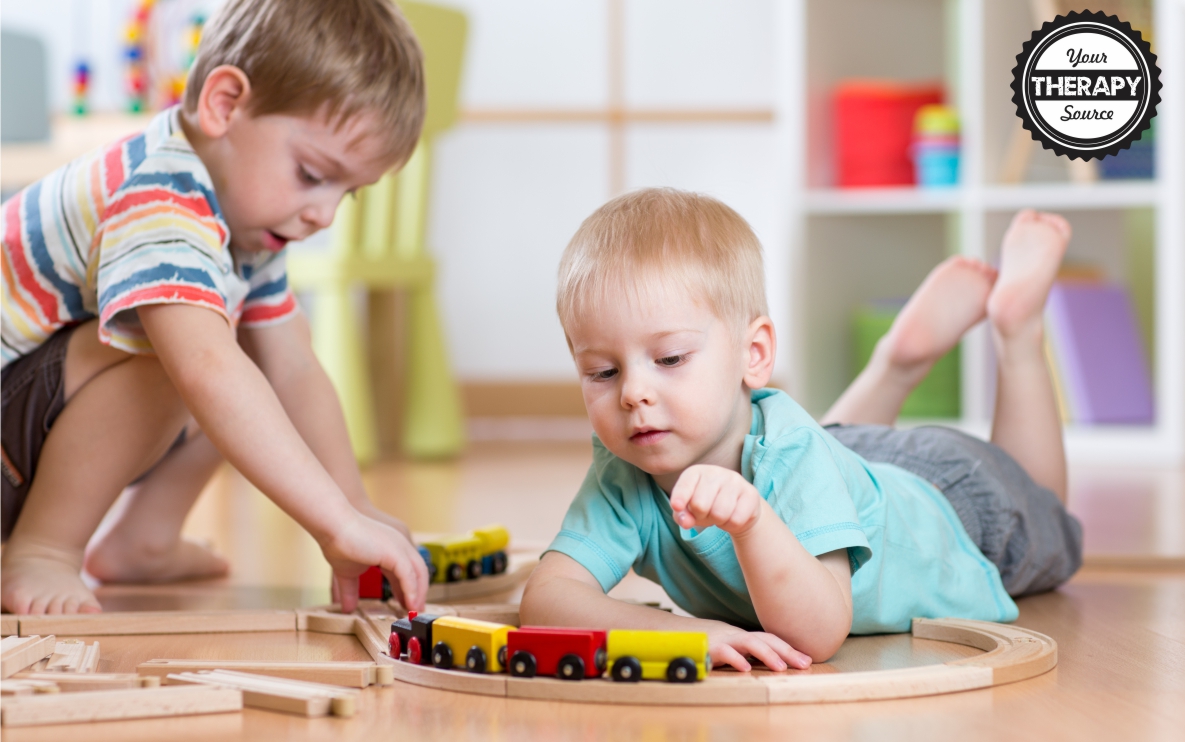Play Quotes to Remind Us Why PLAY is so IMPORTANT
As professionals and parents, many of us are strong advocates for educating others of the importance of play in children’s lives. Over the past thousands of years, famous people have been so wise about the power of play. Here are 25 play quotes to remind us why PLAY is so IMPORTANT in the life of […]








